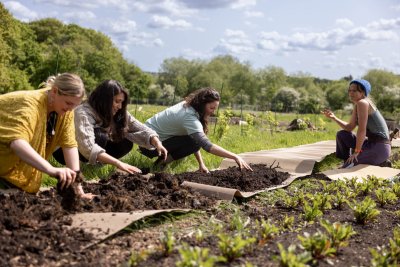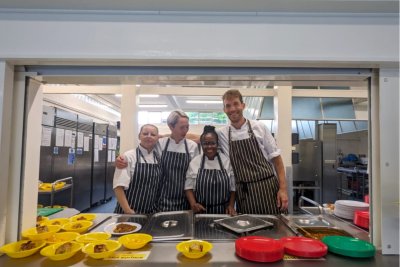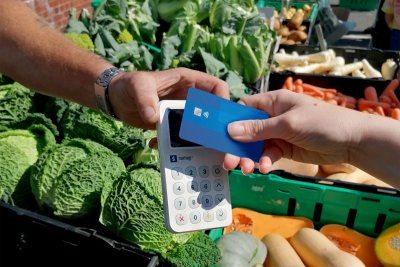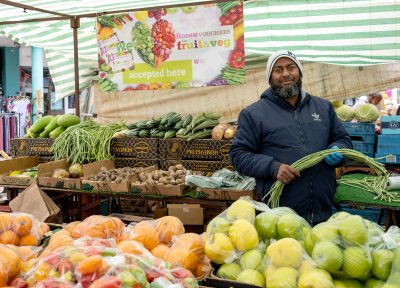News • Good Food Trade Campaign
The UK must set the gold standard for development-friendly trade policy
For many people from the poorest countries that trade with the UK, Brexit could be make or break, according to new analysis from a coalition of development groups.
Without action by the UK government to uphold existing trade commitments to developing countries, approximately £1bn in additional taxes could be added to imports from these places. This would significantly increase the costs of products, potentially pushing farmers into poverty and reversing progress on labour rights and wages.
The UK currently imports around £34bn worth of goods from developing countries each year. Supported by EU policies, many of these goods currently enter the UK tax-free under preferential market access measures, helping such products remain competitive, supporting decent livelihoods and working conditions. Of the top 10 categories of products from developing countries most at risk of new UK tariff imposition post-Brexit, four are food.
For some developing countries, the UK’s decisions on trade arrangements – particularly for food – will be disproportionately significant. For example, many of the UK’s top imports from Kenya are fresh produce, currently eligible for preferential tariff arrangements and worth at least £73m to the Kenyan economy. The UK buys 97% of Kenyan fresh cauliflowers and broccoli exported to the EU and 81% of other fresh vegetables. In another example, the UK buys about 10% of the £12m of goods exported to the EU by Swaziland, 99% of which currently benefit from a tariff waiver, in recognition of the development needs and very low income of Swaziland producers.
If the UK leaves the EU customs union and does not immediately put in place equivalent preferential market access measures, then developing countries could lose out. The development groups calculate that approximately £1bn in additional taxes could be added to imports from developing countries. This would significantly increase the costs of their products, potentially pushing farmers into poverty and increasing pressure on labour rights and wages.
The outcome of the EU referendum and the UK’s prospective withdrawal has already created significant uncertainty for trading partners in developing countries. A reduction in the value of sterling has made their products more expensive in the UK and has reduced the value of aid, investment and remittances. When the UK officially leaves the EU, there are a number of further factors that could disrupt trade with developing countries and threaten the livelihoods and working conditions of farmers and workers dependent on exports. These include:
- an increase in the cost of trading with the UK
- reduced demand for their products
- increased bureaucracy to meet the demands of multiple markets
Together, Traidcraft, Christian Aid, the Trade Justice Movement, the Fairtrade Foundation and Oxfam are calling on the government to:
- offer a non-reciprocal preference scheme for imports from economically vulnerable countries
- ensure a better deal for developing countries
- make sure free trade agreements with wealthier countries don’t undermine developing country competitors
- ensure that UK trade and investment policies are compatible with international commitments on the environment, climate change, human rights and the Sustainable Development Goals
- ensure future trade negotiations are open, transparent and fully accountable to Parliament.
Post-Brexit Trade and Developing countries: Can the UK set the Gold Standard in Development-Friendly Trade Policy? http://www.traidcraft.co.uk/media/63f90f7d-ec2a-4394-a604-b4cfef0e438f
Briefing for MPs and other policy-makers: http://www.traidcraft.co.uk/media.ashx/post-brexit-report.pdf
For further information please contact matt.grady@traidcraft.org or 020 3752 5714
Published Friday 10 March 2017
Good Food Trade Campaign: Campaigning for good trade that benefits people and the planet at home and overseas.





